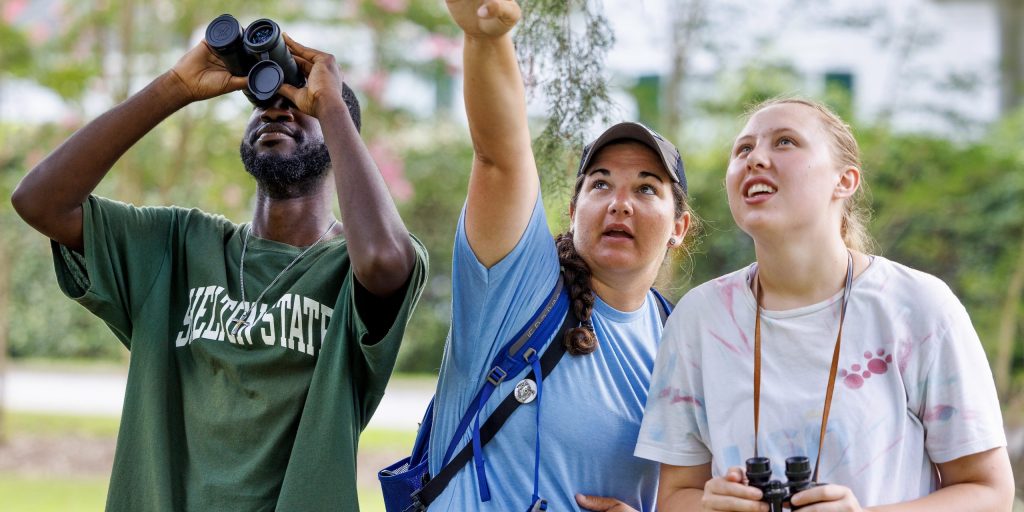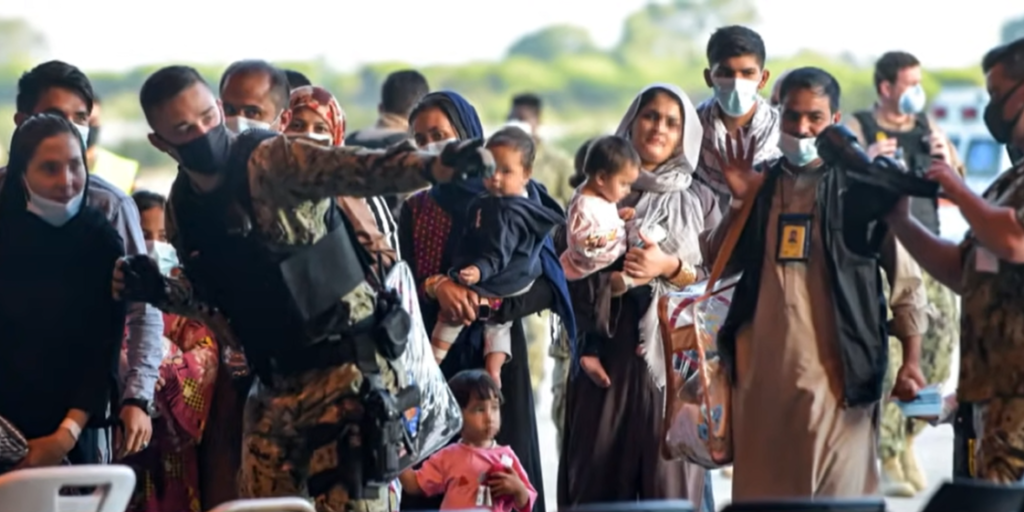Faculty and graduate students with the University of Alabama are seeking to address the root causes of low vaccination rates among the state’s citizens, particularly within the Black community.
In a report issued this week as part of a national effort aimed at ensuring equal access to COVID-19 vaccines, a seven-person team consisting of the university professionals recommend a community-based approach to reduce hesitancy and guarantee access to vaccines. UA says its work has gained support from local leaders and community advocates.
Dr. Stephanie McClure, assistant professor of anthropology and lead author of the report, said the research conducted sought to learn of the differing reasons why individuals are hesitant to become inoculated.
“Hesitancy is the current front in the pandemic battle,” said McClure. “We have learned over the past seven months that movement from hesitancy to vaccination takes time because hesitancy is different for different people. It is magnified by misinformation and poor access to care, and it is best addressed by opportunities for dialog with and information from trusted sources. And once people have been convinced, vaccination should be readily and conveniently available. That’s why we say, ‘fight hesitancy with access.’”
According to the release, Alabama is one of six sites in the CommuniVax initiative, which is a rapid ethnographic research project that examined facilitators and barriers to vaccine uptake in historically underserved communities in the United States. Focus groups and community-centered discussions were formed to assist with the research.
Based on the discussions, the university says each team developed recommendations for outreach strategies and initiatives for improving public health services. The recommendations in the Alabama report include investing in local public health infrastructure and engaging leaders at the community level seeking to inform the public on the importance of vaccination.
McClure added, “People who work in rural health know about the importance of good community-level service infrastructure, but it seems this knowledge was not employed to best effect in the early days of the vaccine rollout.”
The school says that the project team found that the Federal Retail Pharmacy Program (FRPP) did not initially appropriately address vaccine access in the state’s Black Belt, citing sparse retail infrastructure in poor and rural communities.
McClure continued, “This pandemic, and the hurdles we have faced with vaccine uptake in Alabama illustrate why planning and implementation of public health and health care services should be based on an inclusive assessment of the life circumstances of all Alabama’s citizens, not on what works for well-resourced communities and then retro-fitted for everyone else.”
McClure maintained that improved public health strategies would prove beneficial in addressing the spread of COVID-19.
“Alabama’s public health ground game is underdeveloped and must be improved if we are to end this pandemic and create a more equitable and effective response to existing and emergent health issues in the future,” McClure stated.
Dylan Smith is a staff writer for Yellowhammer News. You can follow him on Twitter @DylanSmithAL













